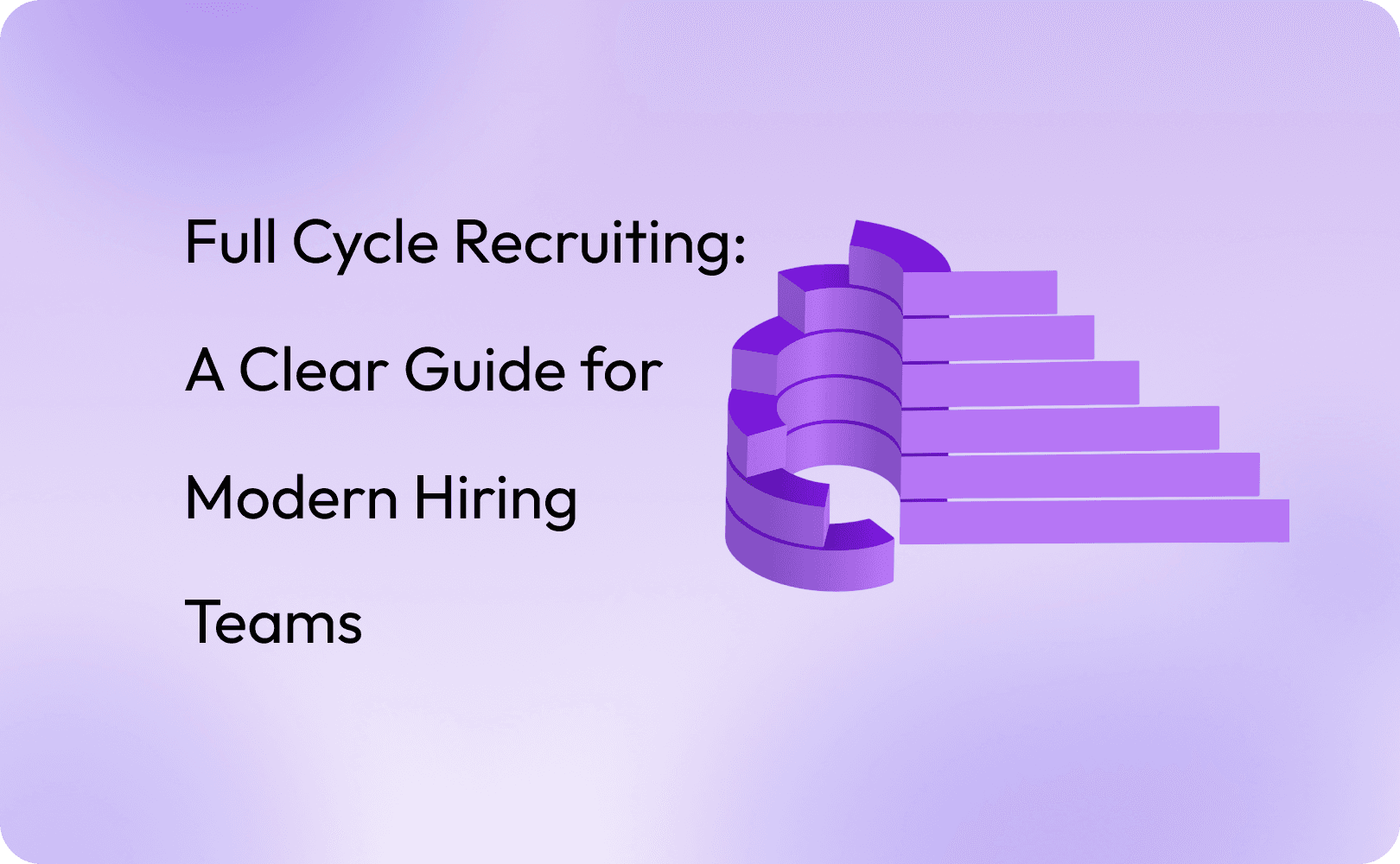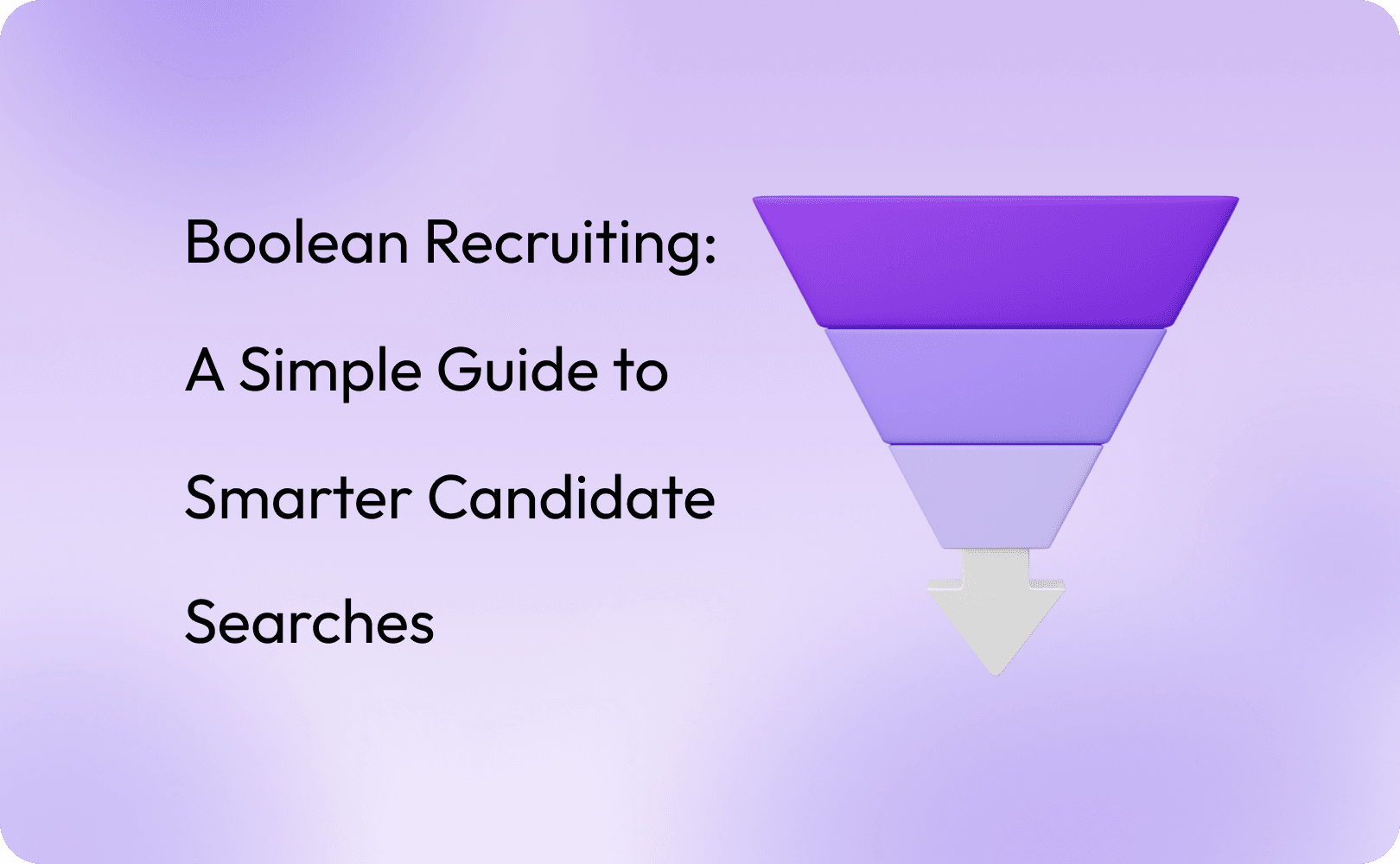Nov 6, 2025
|
4
min read

The Broken System
If you’ve ever applied for a job or sifted through hundreds of resumes, you know how broken the process feels. Resume screening was meant to make hiring efficient, but instead created noise. Applicant Tracking Systems (ATS) reduced human effort while stripping away human insight, filtering people by text patterns and keywords instead of potential.
Even in the AI era, recruiters still rely on semantic search, NLP parsing, and LLM-based matching. It feels like progress; algorithms can “read between the lines,” match skills differently phrased, and rank candidates. But the core limitation remains: they still rely on resumes.
No matter how advanced the parsing, these models read static text. They understand language, not competence. AI made resume reading smarter, but it did not make hiring fairer.
Resumes ≠ Skills
We need to understand that resumes don’t directly represent skills or competence. At Kodiva, we believe hiring should move from reading resumes to understanding people. The need is clear, and the faster we move on this shift, the better, because traditional screening can no longer keep up with modern talent.
Instead of evaluating candidates by what they say they know, we evaluate them by what they prove they can do. Kodiva constructs a Skill Graph, a dynamic map of a candidate’s real-world abilities. It connects skills, projects, and experiences drawn from multiple sources: resumes, social proof, LinkedIn activity, GitHub contributions, and more.
Each skill is assigned a Confidence Score, an intelligent metric that reflects how strongly a candidate’s professional and social proof supports that ability. It’s not just a list of skills anymore. It’s a verified picture of capability, what we call Skill Intelligence.
How Skill-Based Screening Works
Here’s how it works in practice. Kodiva aggregates data from multiple dimensions:
Traditional sources like resumes and portfolios
Social and professional profiles, such as LinkedIn and GitHub
Real-world signals like public projects, peer validation, contributions, and network interactions
Our models analyse how these data points connect. Instead of treating “Python,” “Django,” and “APIs” as three separate skills, Kodiva understands how they interact and what they reveal about a person’s capability to build production-grade systems.
We call it the Skill Graph, a constantly learning network that mirrors real-world skill relationships. Every candidate’s graph is then scored, producing a Skill Intelligence Scorecard that recruiters can interpret instantly. In other words, we don’t just parse resumes; we profile talent.
What It Means
For recruiters, this changes everything. No more endless resume scanning or surface-level matching. Kodiva allows recruiters to evaluate candidates based on verified, data-backed skills. You can finally see who can do the job, not just who looks good on paper.
Skill Intelligence means:
Smarter shortlists: candidates ranked by skill strength, not keyword density
Reduced bias: decisions driven by data, not pedigree
Faster hiring cycles: validation is already done by the platform
Better hires and outcomes: higher retention and performance from day one
The process moves from resume screening to skill discovery, from filtering people out to finding the right ones in.
For candidates, this shift is liberating. Your resume is no longer the entire story. Your open-source contributions, project portfolios, endorsements, and social proof now hold real value. They build your Skill Graph, a live, data-driven representation of who you are as a professional. You’re connected to opportunities that align with your true strengths. That means:
faster responses
better roles, and
higher salaries.
Conclusion
Resume screening will keep evolving, but the next leap isn’t about better parsing. It’s about a deeper understanding. In the coming years, companies will stop asking, “Who has the right experience?” and start asking, “Who has the right skill graph?”
Platforms that can understand people through data, behaviour, and outcomes, not just documents, will define the future of work. And that’s exactly what we’re building at Kodiva: a hiring ecosystem powered by Skill Intelligence.


